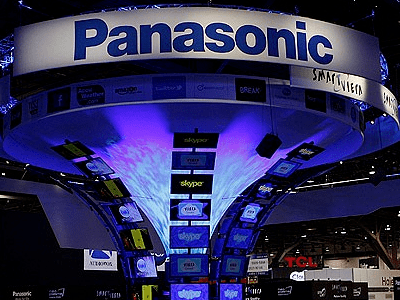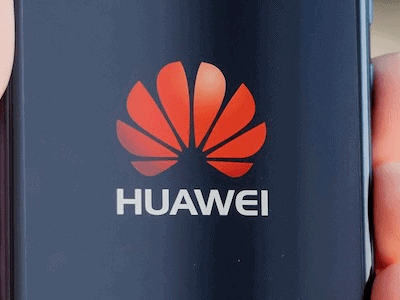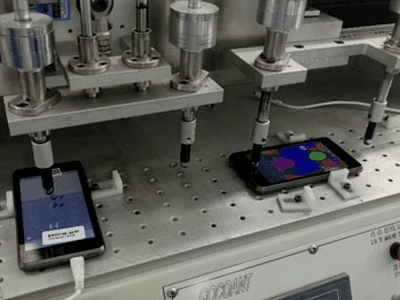At the recently held DAAC India 2013 Bangalore, among several things, we were taken through the Analytics and the ProSupport Plus services that Dell offers to its customers. While talking on the subject of analytics, Shyam Natarajan, Director – India Business Applications & BPO, Dell Services, touched briefly on how analytics is moving from descriptive to predictive mode and how Dell is supporting its customers there. At the same time, Murli Mohan, Director and GM – Dell Software Solutions, talked about the flexibility that Dell shows in supporting its customers. He played a video clip of real instances where Dell helped its customers in troubleshooting despite harsh weather conditions and the lack of proper connectivity. What caught my attention was a Support Engineer visiting a customer premises, located half way up a hill, riding a donkey. Wow! That’s what ProSupport Plus offers.
Now, despite so much effort and personalised care offered by Dell this is reactive support. Here the incident has already occurred and then support is invoked. What happens in this case is that while the customer is indeed very delighted to see personalised attention and dedicated support provided by Dell engineers, the ‘event’ has already resulted in platform downtime, leading to direct revenue loss and a negative impact on business reputation. So isn’t there a way to further delight customers and even attempt that there is no service downtime.
I see the tools available within Dell, but perhaps these need to be integrated together. Going back to what Shyam shared in his presentation, Dell can easily leverage the analytics, especially the predictive part, to set up a system that would sense the ‘pulse’ of customers’ platforms and proactively suggest solutions. And since we are talking about a platform which is an ‘always on’, so connectivity is not an additional element to be added.
With such as system in place, what would happen back in Dell Support Center? It would activate alarms and receive warnings as soon as something unusual is sensed by the system. Though, some additional sensors might need to be deployed on the platform endpoints, this would enable Dell to address the issue as soon as the indications point to a possible breakdown. Now, that would be true proactive support! Such an ‘early warning’ solution would give Dell flexibility in deciding how and when to best resolve the issue, rather than trying against all odds to keep to the SLA norms.
Needless to say that customers would not see any downtime and their profits would continue to pour in without spending on something unyielding.
So Dell, while you do your best and work hard to support customers, you may want to consider introducing ‘smart’ elements to further enrich the experience.












